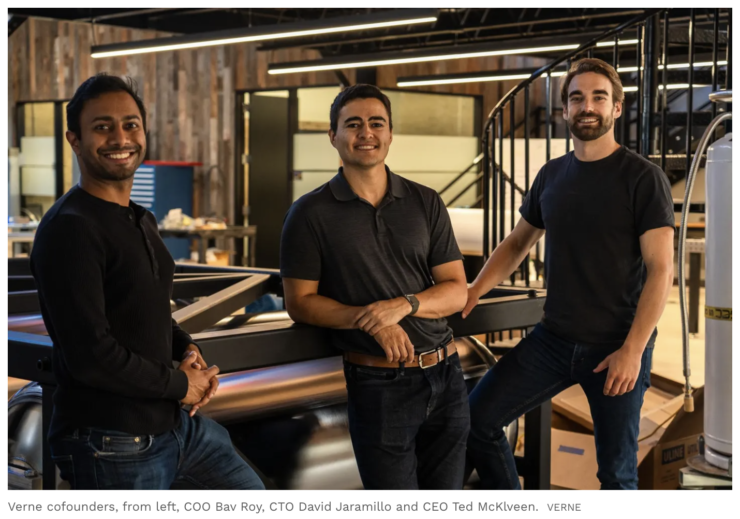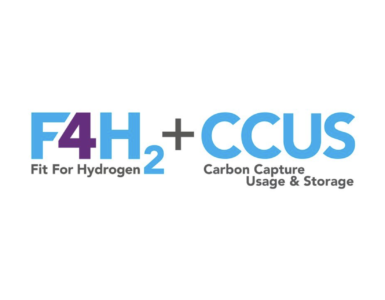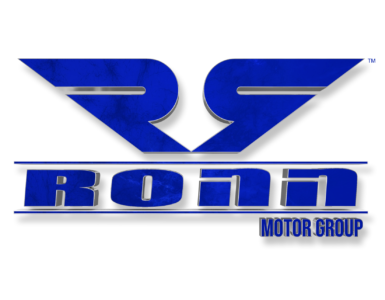This Startup With A Better Way To Fuel Hydrogen Trucks Snags Its First Big Fundraise – Forbes.
Verne, a San Francisco startup that’s developing a cheaper, lighter tank and fueling system to help hydrogen semis match the driving range and hauling ability of dirty diesel big rigs, notched its first substantial funding from private investors to commercialize the technology. If it works as tested, heavy-duty hydrogen vehicles could become an attractive option for emission-free trucking.
CEO Ted McKlveen, an alumnus of the Forbes 30 under 30 list, said the new round, the first the company has disclosed, boosts cumulative investment in it to $15.5 million. He declined to say exactly how much backers including Trucks Venture Capital, Collaborative Fund, Amazon, United Airlines and Newlab put into the round, though Verne had previously raised less than $1 million, mainly in Energy Department grants, according to a PitchBook estimate.
The company, named for famed French writer Jules Verne, believes its patented hydrogen tank and lower pressure fueling system – verified in testing with Lawrence Livermore National Laboratory – will allow trucks using it to go as far as diesel models, with no added weight, and fuel up just as fast. The next step is testing it with “major” truckmakers McKlveen declined to identify.
🔥 What about we co-host a webinar? Let's educate, captivate, and convert the hydrogen economy!
Hydrogen Central is the global go-to online magazine for the hydrogen economy, we can help you host impactful webinars that become a global reference on your topic and are an evergreen source of leads. Click here to request more details
Ted McKlveen, CEO, said:
The goal is to get diesel parity performance – that full 800-plus mile range on your vehicle like you can with diesel and you can carry a full payload like you can with diesel.
he told Forbes. “What unlocks that is a higher density form of storage. So instead of having six high-pressure tanks, you can just have two of our tanks mounted on the frame of the truck between the wheels, right where the diesel tanks go today.”
Its news comes as truckmakers including Volvo, Daimler, Hyundai, Freightliner and Nikola begin rolling out battery- and hydrogen-powered heavy-duty models to help reduce exhaust emissions and greenhouse gasses. Last month, the Environmental Protection Agency unveiled new rules requiring cleaner heavy commercial trucks and buses starting in 2027 as part of broad U.S. efforts to curb carbon emissions. But electric trucks are costlier than diesel models and have some limitations relative to conventional ones.
Battery-powered trucks, for example, have extremely heavy, large battery packs that make them thousands of pounds heavier and prevent them from hauling loads of up to 60,000 pounds over distances greater than 300 miles. Recharging them also takes much longer than refueling a diesel truck and requires fleet operators to invest in expensive charging stations and find enough power to operate them.
Hydrogen vehicles aren’t as heavy – typically only about 1,000 pounds more than a diesel truck – and can be fueled in about the same amount of time, though the cost of hydrogen is at least double that of diesel fuel. They can also go farther than battery trucks – Nikola touts a range of up to 500 miles with the hydrogen semi it’s selling in California – but not as far as long-haul diesel models.
Tanks currently used in hydrogen vehicles, from Toyota’s Mirai sedan to Nikola’s Tre FCEV truck, are expensive, heavy components wrapped in layers of carbon fiber around a plastic liner, costing thousands of dollars each. They’re designed to hold the fuel at a super high compression rate of 700 bar or 10,000 pounds per square inch. Verne’s approach is to chill the hydrogen gas and store it at just 350 bar (5,000 PSI) in tanks that are made of aluminum, steel and much less carbon fiber. They’re cheaper to make and hold more fuel, according to McKlveen.
“The amount of carbon fiber required goes down by like 75%, and there are follow-on impacts of this higher density. One is lower storage cost because you now need only two tanks instead of six,” he said.
The company has been testing its tanks in a passenger vehicle and by the end of this year will use them in a full-size truck. In 2025, it will supply tanks for testing by truck fleet operators. Following that the company will focus on scaling up commercial operations to be able to supply multiple truckmakers.
McKlveen said:
“Our goal is to become really a great tier-one supplier. You can think of us like a battery manufacturer but for heavy-duty applications where batteries don’t work,”
READ the latest news shaping the hydrogen market at Hydrogen Central
This Startup With A Better Way To Fuel Hydrogen Trucks Snags Its First Big Fundraise – Forbes. source








